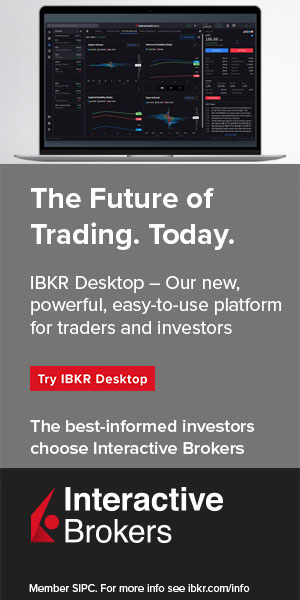GEICO lost its way terribly in the early 1970s. It was dreadfully unprofitable because its managers had pushed revenue without paying sufficient attention to likely future claims. As was the case in so many insurance firms, the leader’s minds were set on volume of deals, neglecting to think much about long-term profits.

It was all so sad for Buffett, with his fond memories of his first significant value investment in 1951, to witness this loss of self-control.
It was also sad for Lorimer Davidson, who, in 1958, had taken over as President from the founder Leo Goodwin. Over Davidson’s 12-year period of leadership premiums grew from $40m (with 485,443 policies) to $250m and GEICO became the fifth largest auto insurance company in the United States with nearly 2m policies sold in a year. Importantly, this steady growth was under conditions of strict underwriting discipline – i.e. turning away business rather than accept premium income that was inadequate relative to the likely eventual claims and administrative costs.
By the end of 1970 the 71-year old Davidson had stepped down as President and Chairman – and then the business rot set in. Despite his counsel still being sought, in his new position as merely one of the board directors he was outnumbered by those who pushed for growth, enthusiastic about the prescience of new-fangled computer programmes able, supposedly, to assess insurance risk so much better than the old boys.
The dash for growth
In 1973 GEICO removed all occupational restrictions on eligibility for insurance – anyone could apply. It took on blue-collar workers and under 21s, both groups with a poorer accident statistics than GEICO’s traditional customer. But never mind, the brilliant new software will work out with great accuracy appropriate risk premiums for these groups, won’t it?
The opening up to all adult Americans drove demand so much that GEICO became the fourth placed publicly listed auto insurer with more than $479m annual premium income. GEICO’s shares soared to $61 as investors gazed on the growth.
In their haste to expand, as well as direct mail advertisements being sent out (to 25m people), the managers created 123 field offices, employing salaried agents to sell insurance policies. These offices were quite costly to set up with property expenses, large numbers of new employees and computer equipment costs. This office establishment drive was all part of the general mood of nonchalance about cost control – the very thing on which the firm’s wealth was founded.
The executives were confident about the future and let the markets know about their confidence. But as Buffett is fond of saying, “it’s only when the tide goes out that you discover who’s been swimming naked”.
The tide turned
At the height of its hubr…….
………………To read the rest of this article, and more like it, subscribe to my premium newsletter Deep Value Shares – click here http://newsletters.advfn.com/deepvalueshares/subscribe-1


 Hot Features
Hot Features













